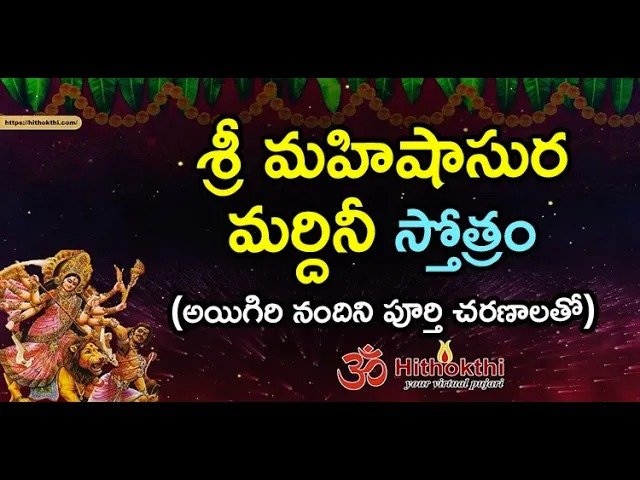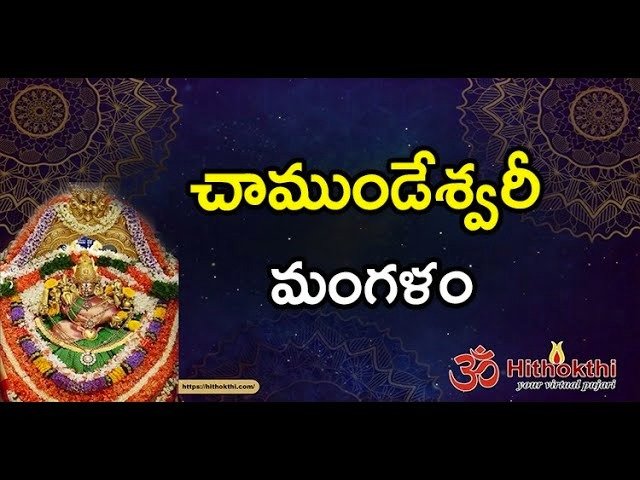Holy Dialogue (Pravachana Vakhyalu):
April 20, 2014: The waking world and the dream world, from the point of view of the Jiva, are two aspects of the function of the mind. The mind projects itself in perception, both in waking and dream. The mind is active, and it gets tired of activity. It ceases from activity when it is too much fatigued. The complete cessation of the activity of the mind, due to exhaustion, is sleep, known as Sushupti.
That is called Sushupti, or deep sleep, where - na kancana kamam kamayate - one desires nothing, because the mind has withdrawn itself from both the physical and subtle objects. Na kancana svapnam pasyati: It does not dream also, because even psychic activity has ceased. Tat sushuptam: This is complete absorption of the mind into itself. But this absorption is of an unconscious nature.
The mind, while it appears to be a little conscious in dream, and more conscious in waking, is not conscious at all in deep sleep. This has given rise to an erroneous school of philosophy which concludes that consciousness is possible only when there is contact of the mind with objects. The Nyaya and the Vaiseshika hold this view. Unless there is contact of the Atman, they say, with objects, there cannot be knowledge. The real nature of the Atman, while it is not in contact with things, is not knowledge, say the Nyaya and the Vaiseshika. They are not right because they cannot explain how this unconscious element creeps into the state of sleep. The reason is not merely that consciousness has no contact with objects but that it has some other obstruction to the revelation of knowledge in deep sleep.
---Excerpts from Sri Ramana Maharshi’s Preaching







